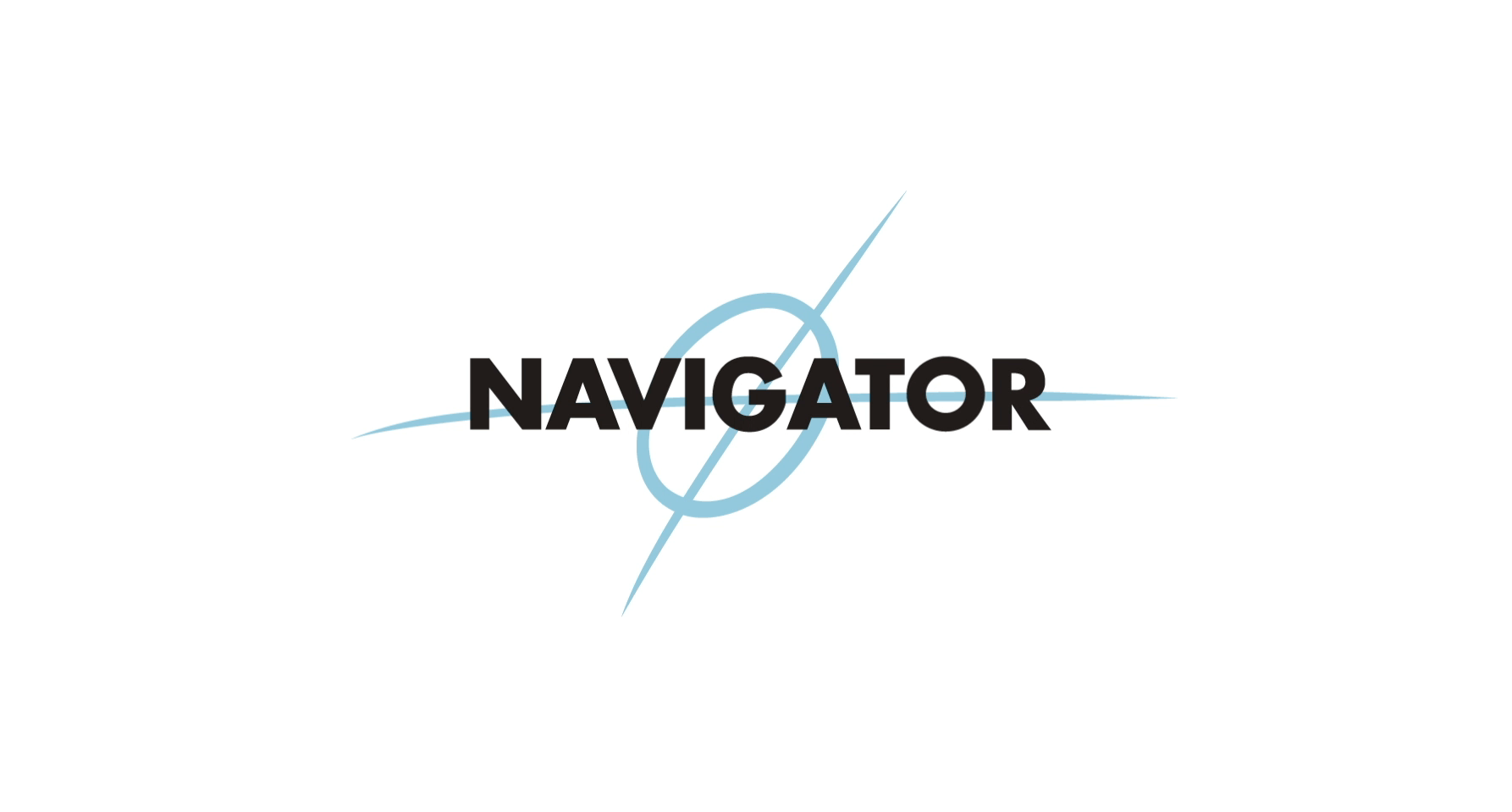Under leadership of the Coalition Avenir Quebéc (CAQ), the Quebec government released its budget for 2020 today. Maintaining provincial popularity a year and a half after election, Minister of Finance Éric Girard announced a balanced budget focused on green initiatives. It is worth noting that the Minister of the Environment will soon present his Plan for a Green Economy (PEV) 2030, which will benefit from funding of $6.2 billion continuing until March 2026.
Additionally, the 2.8 per cent real GDP growth in Quebec means that the government can afford spending $118.6 billion—an increase of 5.1 per cent from last year’s budget.
Building a green economy
This year’s budget announced an investment of over $6.2 billion over a period of six years to make Quebec an environmental leader, prepare the province for the effects of climate change and meet 2030 targets for reducing greenhouse gas emissions.
This direction fits into the “open for business” narrative of the CAQ, as the government will focus on attracting green investments and developing low-carbon sectors, as well as taking full advantage of Quebec’s hydroelectricity.
Those environmental commitments continue well into the public transportation sector, as the CAQ will invest $15.8 billion for electric public transit projects in Québec City, Gatineau, Montréal, Laval, Longueuil and Chambly. The government will also continue to support electric vehicle acquisition with their Roulez Vert program, with an investment of $1.4 billion over six years.
Wealth generation in the province will also be focused on the environmental transition. As such,the government will support businesses in the industrial sector with $1.3 billion to encourage decarbonization.
Education, Regions and Health
In the next five years, the government will implement policies totalling $5.8 billion, which include the following initiatives.
With this budget, the CAQ reminds Quebecers of their electoral promise to put money back into their pockets, with another step toward a single school tax rate that will return $182 million to homeowners this year alone.
The CAQ also continues to deliver on its promise to increase spending in education, with $1.5 billion invested, including $471M for new services and $550M to boost the number of college and university graduates.
While the CAQ, who is decidedly pro-business, will invest $1 billion over the next five years to improve business productivity and competitiveness, the government also reiterates its emphasis on supporting the regions with $1.5 billion to boost economic development and develop natural resources in those parts of the province.
With the novel coronavirus reaching Quebec recently, the government announced $5.4 billion of spending in health services, a 5.3 per cent from last year—with $1.1 billion for this year alone.
The government has released simultaneously its Infrastructure Plan of $15 billion.
Finally, while Eric Girard’s budget speech highlighted the government’s decision to focus on culture, the announcement should be put into perspective with the comparatively low investment of $407 million.
Quebec economic context
Remarkable economic growth and rising standards of living
Eric Girard boasted Quebec’s 2.8 per cent real GDP growth in 2019, a remarkable performance which contrasts with that of Ontario and the country federally for the same period. The government is projecting growth of 2 per cent for 2020.
Debt reduction
The government confirmed that the goal to decrease gross debt to 45 per cent of GDP is being achieved six years earlier than expected. The objective of reducing the debt representing accumulated deficits to 17 per cent of GDP is expected to be achieved by March 31, 2023—three years earlier than expected. Gross debt reduction will allow Quebec, among other things, to improve the financing of public services and invest more in infrastructure.
A balanced financial framework
The financial framework presents a budgetary balance, within the meaning of the Balanced Budget Act, of $1.9 billion in 2019-2020. The government forecasts a balanced budget in 2020-2021. The favourable economic situation makes it possible for the government to announce additional initiatives to further meet its commitments.





